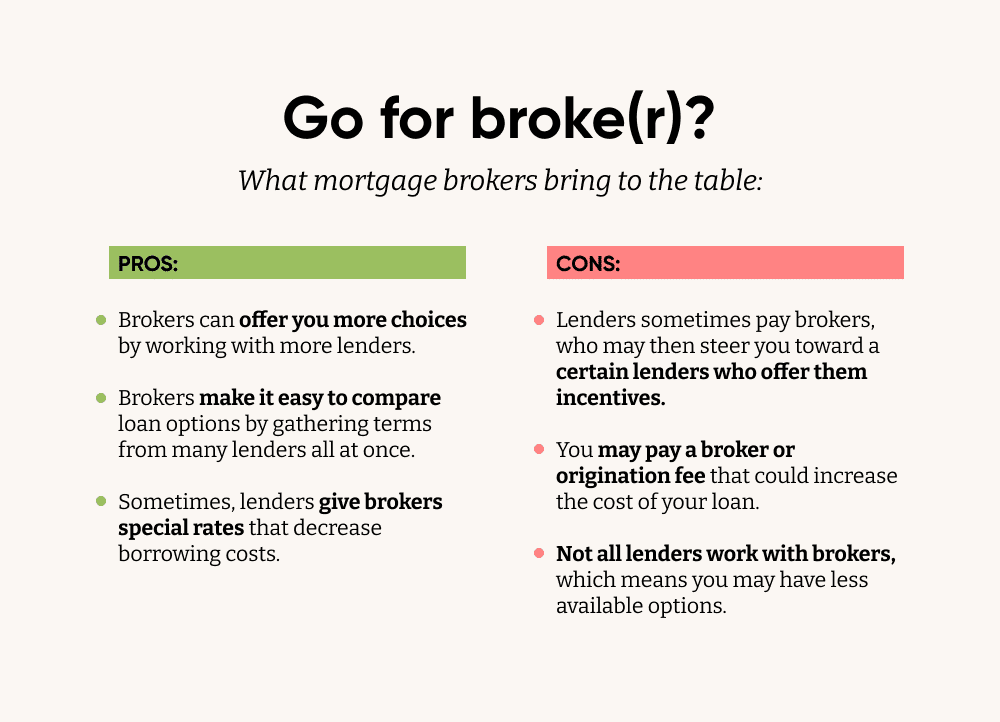Advantages of a Jumbo Loan for High-end Property Purchases
Advantages of a Jumbo Loan for High-end Property Purchases
Blog Article
Understanding What a Jumbo Finance Entails and Just How It Differs From Standard Lendings
Navigating the complexities of jumbo fundings reveals a financing choice customized for those venturing right into high-value actual estate, generally going beyond the restrictions set by the Federal Housing Financing Company. The substantial threat connected with big financings necessitates a lot more strict certification needs, including higher credit history scores and considerable down settlements.
Interpretation of Jumbo Finances
Jumbo car loans are a type of home loan that exceed the conforming finance restrictions established by the Federal Real Estate Finance Company (FHFA) These lendings satisfy debtors who require to finance residential or commercial properties that are a lot more pricey than what traditional funding limits permit. The FHFA develops annual adhering finance limitations, and any kind of financing exceeding these limits is categorized as a jumbo funding.
Generally, big car loans are utilized in high-cost property markets where home rates substantially go beyond national standards, such as in metropolitan areas or deluxe real estate industries. As these finances are not qualified for acquisition by Fannie Mae or Freddie Mac, they bring intrinsic threats for lenders due to their bigger size and non-conformity (jumbo loan). Lending institutions often impose more rigid credentials criteria for jumbo financings than conventional adjusting lendings.
Debtors seeking big fundings have to generally demonstrate a strong financial profile, including a greater credit report score, robust revenue confirmation, and considerable down payment, typically 20% or even more. Furthermore, lending institutions may need much more considerable documentation to evaluate the consumer's capacity to handle bigger month-to-month settlements. Understanding the certain qualities of big car loans is essential for potential customers navigating this segment of the home mortgage market.
Traditional Finances Summary
While big finances deal with high-value property financing, traditional finances represent the more usual mortgage option in the real estate market. These finances are not insured or ensured by any kind of federal government entity, such as the Federal Real Estate Management (FHA) or the Division of Veterans Matters (VA) Rather, they are backed by personal loan providers and stick to guidelines established by government-sponsored business (GSEs) like Fannie Mae and Freddie Mac.
Traditional financings are usually used with fixed or adjustable interest prices and vary in regards to period, frequently extending 15 to thirty years. Borrowers often favor standard lendings for their predictable month-to-month repayments, which can facilitate long-term monetary preparation. In addition, they are available for primary homes, 2nd homes, and financial investment properties, providing flexibility to fulfill diverse borrower needs.

Secret Distinctions In Between Lendings
At the leading edge of this decision-making process are conventional fundings and big financings, each possessing distinct features and offering various consumer requirements. Big fundings surpass the conforming car loan limitations established by the Federal Real Estate Money Agency (FHFA), which differ by region.

In addition, the deposit needs can differ significantly. Jumbo lendings typically need larger deposits, occasionally surpassing 20%, to reduce threat. Standard loans, alternatively, may permit for lower down settlements, with some programs approving as low as 3% for professional purchasers.
Credentials Demands
Securing a big finance entails meeting extra rigid credentials demands contrasted to standard finances, reflecting the enhanced threat to lenders. These finances, which surpass the conforming funding limitations set by the Federal Housing Financing Agency (FHFA), check over here are not eligible for acquisition by Freddie Mac or Fannie Mae, thereby revealing loan providers to higher economic threat - jumbo loan. As an outcome, customers need to show a high credit reliability and financial security
A robust credit history rating, generally 700 or higher, is critical for authorization. Lenders also expect a lower debt-to-income (DTI) ratio, usually not surpassing 43%, making sure that borrowers can take care of significant month-to-month repayments along with various other monetary responsibilities. A considerable cash money reserve is usually required, typically amounting to 6 months of mortgage repayments, to assure lenders of the debtor's financial strength.
Down repayment expectations are also elevated, regularly starting at 20% or more of the building's worth. While this is a protect for lenders, it necessitates considerable in advance resources from borrowers. Furthermore, proof of constant, adequate earnings is crucial, usually confirmed via income tax return, W-2s, and recent pay stubs. Self-employed individuals might need to offer additional documentation, such as profit and loss statements, to confirm their revenue stability.
Picking the Right Loan
When choosing the most ideal loan alternative,Navigating the complexity of jumbo finances calls for careful consideration. With the broader series of options available to those looking for big financings, the decision-making process must include a thorough analysis of one's economic account and long-term goals. Unlike conventional loans, jumbo car loans commonly come with more stringent requirements and varied interest rates, which require thorough study and a clear understanding of one's economic standing.
When selecting between various big car loan offerings, it is crucial to review the loan terms, including rates of interest, repayment schedules, and associated fees. Debtors ought to contrast the rates given by different loan providers to guarantee they secure one of the most favorable terms. In addition, comprehending the effects of dealt with versus adjustable-rate home mortgages (ARMs) is vital, as each alternative presents distinct advantages and threats depending upon market problems and personal economic techniques.
Involving with a monetary expert or home mortgage broker can give important understandings tailored to specific scenarios. These professionals can aid in browsing the nuances of jumbo loans, making certain that customers are well-informed and furnished to pick a financing that aligns with their monetary purposes, ultimately promoting a smoother home-buying process.
Conclusion
In recap, big car loans serve as a monetary tool for obtaining high-value buildings, requiring strict qualification demands and higher interest rates due to the elevated danger for loan providers. Unlike traditional finances, which satisfy FHFA limits and may get backing from Fannie Mae or Freddie Mac, jumbo lendings require a minimum credit report of 700 and considerable deposits. Comprehending these distinctions is important for debtors in high-cost genuine estate markets to figure out one of the most ideal lending alternative for their demands.
The FHFA establishes annual adjusting car loan limits, and any financing surpassing these limits is classified as a straight from the source big lending.
At the center of this decision-making process are conventional fundings and big financings, each possessing distinct attributes and serving different debtor requirements.Securing a jumbo financing includes meeting a lot more rigorous certification requirements compared to traditional financings, showing the enhanced danger to lending institutions. Unlike standard car loans, jumbo loans usually come with more stringent demands and differed rate of interest prices, which demand thorough study and a clear understanding pop over to this site of one's monetary standing.
Unlike conventional lendings, which adhere to FHFA limits and might receive support from Fannie Mae or Freddie Mac, jumbo finances need a minimum credit rating score of 700 and significant down repayments.
Report this page